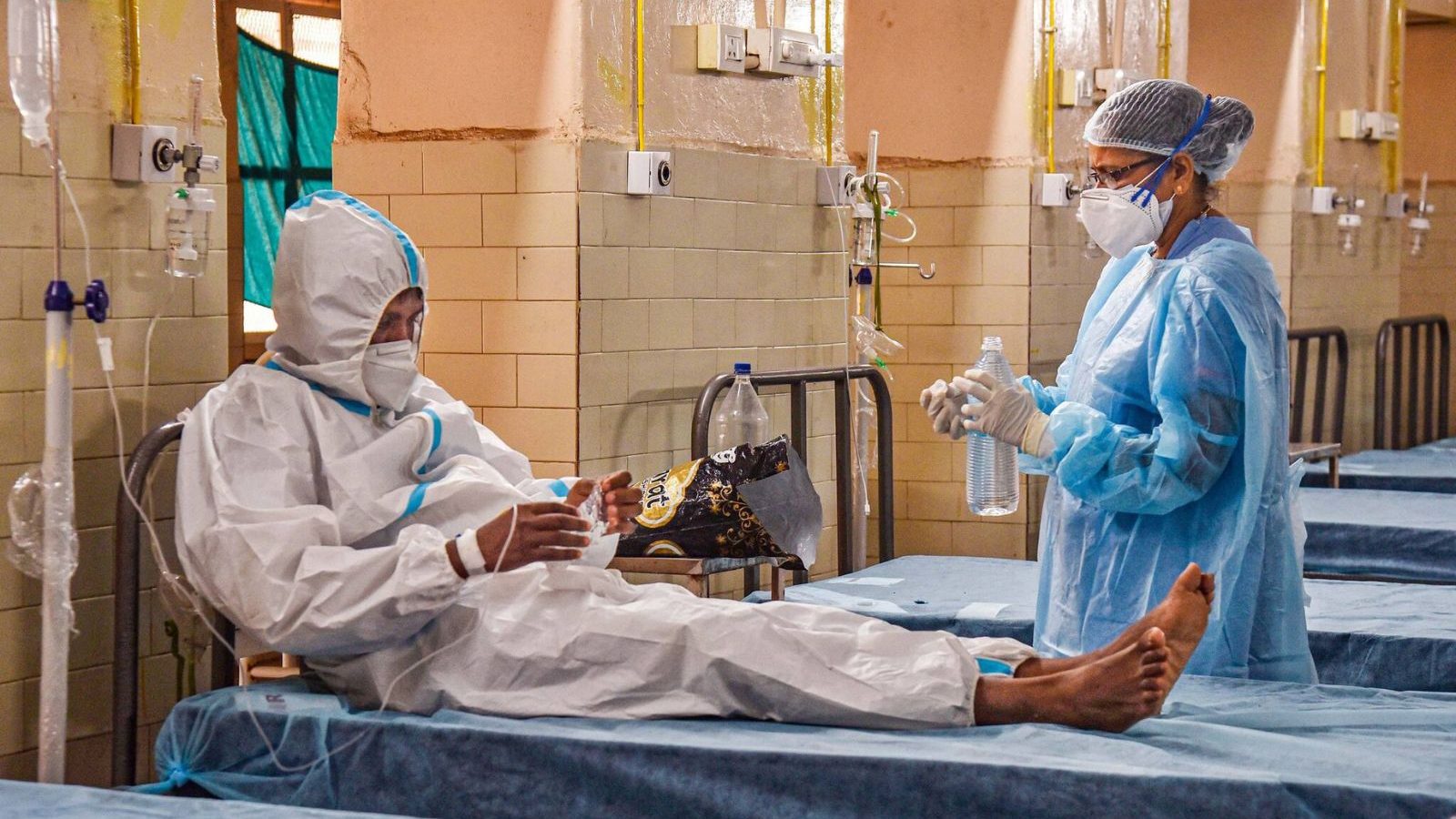Budget 2023 Expectations: Will Healthcare Industry Move Towards Digital Therapeutics?
Recently, industry body PHD Chamber of Commerce and Industry (PHDCCI) suggested that the health budget should be increased by 30-40 percent considering a growing need for health facilities and infrastructure across the country.
Making the suggestion for the forthcoming budget, Saket Dalmia, president of PHDCCI, had said the budget for health has seen a rise of about 16% in absolute terms between budget estimates of 2021-22 and 2022-23.
Though health is among the basic parameters for an overall wellbeing of a country, it took a centrestage when the world was hit by Covid-19 three years back.
The major focus could be on a widespread campaign for healthy living, which is the need of the hour to build up a healthy human resource for the country.
Moreover, like other sectors, the healthcare industry in India is expecting some announcements from Finance Minister Nirmala Sitharaman.
Underlining Covid-19 as an eye-opener for healthcare sector, Meena Ganesh, co-founder and chairperson, Portea Medical, said, “The massive need for infrastructure and human medical resources is now known to all, and to plug the coverage gap, there is a need for a sharp increase in budgetary allocation. For the last few years, the allocation has been around or under 1.5% of the GDP, and at the minimum, it has to be increased to 2.5% of the GDP as the government had stated in the past.”
Also Read: Budget 2023 Expectations: Here’s What Personal Care Brands Expect From Finance Minister
Ganesh added that without any increase in the outlay, almost the entire budget gets exhausted in maintaining the existing infrastructure, and in running the various healthcare schemes announced by the government.
The healthcare industry is also expecting from the upcoming budget, to offer tax incentives and benefits to platforms that invest in advanced technologies and innovative healthcare delivery.
By boosting the supportive healthcare system, the government would not only be able to expand quality medical coverage all over the country, but also reduce the burden on existing institutional infrastructure, Ganesh added.
Runam Mehta, CEO, HealthCube, opined that for a long time, budgetary allocations for healthcare have been lower on the priority list compared to areas like defence, infrastructure, industry, etc..
Mehta added that there is a need for higher allocation in the research and development of new drugs, therapies, and medical devices. As of now, most of the healthcare budget is spent on the maintenance of existing medical facilities and sustaining the government schemes.
“For diagnostic needs, the country continues to rely on the import of medical devices and in 2022, the import rose by 41%. This not only costs a burden to the exchequer but also hurts the Aatmanirbhar Bharat vision. It is possible to build a robust domestic medical diagnostic device manufacturing ecosystem by building R&D hubs and providing PLI, GST benefits, and simplification of regulatory measures,” Mehta urged.
Mehta demanded increasing custom duty on the import of medical devices, and offering subsidies on the usage of made in India technology can be a great catalyst for the sector.
Also Read: Budget 2023 Expectations: Lower GST on Health Insurance, More Room For Tax Deductions
To unlock the full demographic dividend, there is a need to prioritise interventions that facilitate the management and remission of lifestyle disorders such as diabetes, heart disease, and other forms of preventable illnesses, said Dr. Arbinder Singal, co-founder and CEO of healthtech platform Fitterfly.
In the post-pandemic scenario, while the budgetary allocation for conventional healthcare needs to be increased, a lot of attention is also needed on alternative healthcare delivery methods.
“The need of the hour is reforms like a GST offset to promote digital therapeutics. When the service providers can accrue tax benefits, they are more likely to pass on these benefits to consumers and make the services more affordable. Such tax reforms alongside the promotion of technology like digital therapeutics for disease management and prevention can significantly reduce the burden on conventional healthcare,” Singal added.
Singal highlighted that the US and Europe are already speeding up digital therapeutics adoption. This will not only lead to a greater quality of life for the public but also superior productivity and economic output.
Experts have highlighted the importance of healthy living and the need to be included in the school curriculum.
Awareness programmes on diabetes and other lifestyle diseases should be organised by the local bodies, chambers and associations. The PHDCCI also said the government must also establish primary clinics at the Panchayat level and ensure their proper and regular functioning. They should be digitally equipped for facilitating telemedicine and the data collected at the Panchayat level must also be digitised for further use for treatment at different places.
Read all the Latest Business News here
For all the latest business News Click Here

